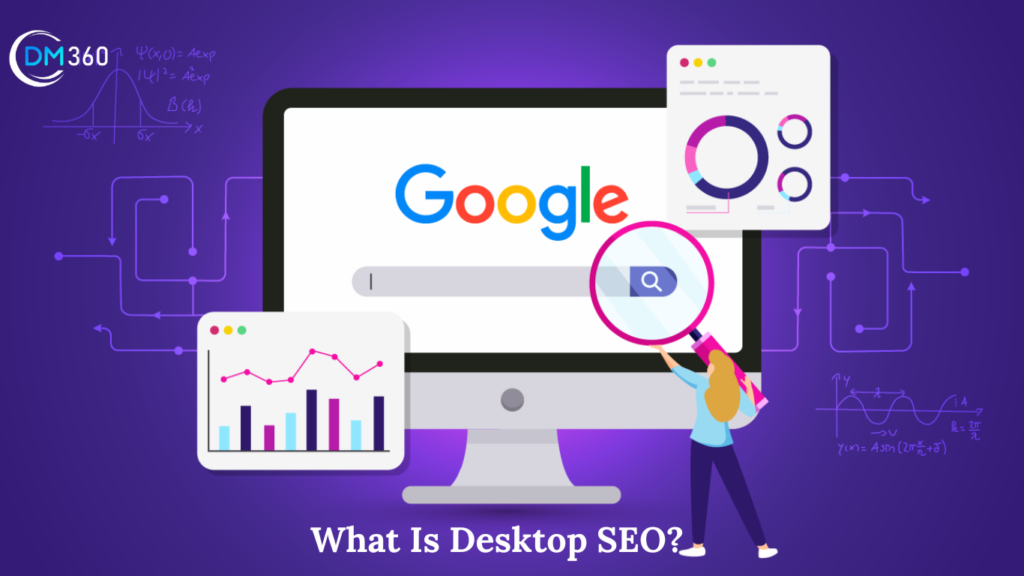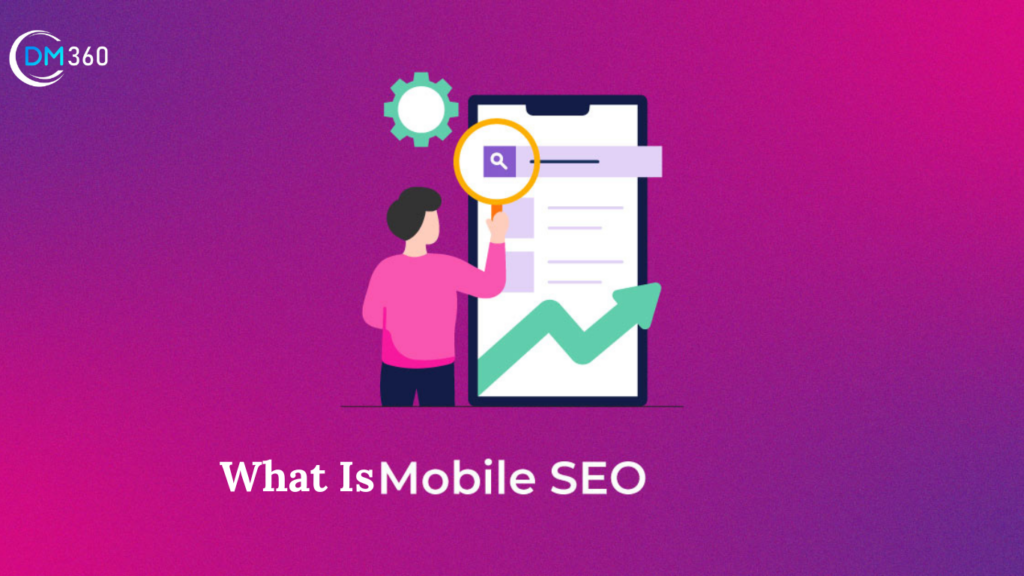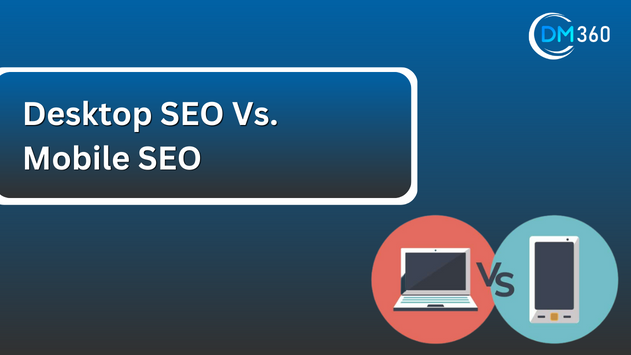Desktop SEO Vs. Mobile SEO – Businesses need to optimize their online presence in the ever-evolving digital landscape so that users can access it on any device. The prevalence of mobile devices has increased the importance of mobile search optimization. There is still a place for desktop searches, however, so it is crucial to know the difference between Desktop SEO and Mobile SEO. Desktop SEO focuses on optimizing websites for desktop users who typically have more time to research and engage with detailed content. Mobile SEO Chicago, on the other hand, caters to users with smaller screens seeking quick answers and location-based information.
Table of Contents
ToggleThe design of a mobile-friendly website and its optimization for mobile devices are critical factors in Mobile SEO, which ensures a seamless browsing experience across diverse devices. As part of Mobile SEO, page loading speed, local SEO, voice search optimization, and mobile app optimization are also important factors to consider. Businesses need to understand the differences between Desktop SEO and Mobile SEO so they can effectively target their audience, improve user experiences, and stay competitive in the digital age.

What Is Desktop SEO?
Desktop SEO refers to optimizing websites for desktop users and search engine rankings. Using these strategies and techniques, websites become more visible, relevant and perform better on desktops.
Aspects Of Desktop SEO:
On-Page Optimization
An on-page optimization strategy improves a website’s search engine rankings and visibility by optimizing its pages. Meta tags, headers, URLs, and content structure should be optimized to align with search engine algorithms. The on-page optimization of a website will ensure that crawlers and users find it easy to access and understand.

Keyword Research and Targeting
Search engine optimization, including desktop SEO, relies heavily on keyword research, which identifies relevant keywords and phrases that users commonly search on desktop devices. SERPs can be enhanced by strategically integrating these keywords into a website’s content, meta tags, and headers.
Content Creation and Optimization
Desktop SEO Chicago relies heavily on quality content. Creating informative, engaging, and optimized content aligned with the target audience’s needs and preferences can attract and retain users. By using relevant keywords, you can provide users with well-written articles, blog posts, and product descriptions.
Website Architecture and Navigation
A website’s structure and navigation affect its usability and search engine visibility. A well-organized website with clear navigation helps search engine crawlers understand the website’s structure and content hierarchy. It will be easier to navigate and find information on the website as the indexing will be improved. Internal linking and site mapping are essential components of desktop SEO that improve user experience and search engine rankings.

Benefits Of Desktop SEO
- A desktop-optimized website attracts organic traffic from search engines. It is more likely that a website that ranks higher in SERPs for relevant keywords will receive clicks and visits from users actively searching for the company’s products, services, or information.
- A desktop SEO strategy optimizes the speed, navigation, and relevance of content on a website to enhance the user experience. User-friendly websites that load quickly and provide valuable information or solutions are more likely to keep users engaged.
- Users tend to perceive a well-optimized website with higher search engine rankings as more credible and trustworthy. In this way, the brand’s visibility and reputation are enhanced, making users more likely to choose the website over competitors.

What Is Mobile SEO?
Mobile SEO is optimizing websites for mobile devices so they rank higher on search engine result pages (SERPs). Digital marketing strategies have become increasingly dependent on mobile SEO because of the prevalence of smartphones and tablets.
Aspects Of Mobile SEO
Mobile-Friendly Design
The importance of a mobile-friendly website design is emphasized by mobile SEO. Responsive websites adapt and display properly across different screen sizes and resolutions. Mobile users can easily navigate and interact with the website thanks to its mobile-friendly design.

Page Speed Optimization
Mobile users expect web pages to load quickly. A slow-loading page can result in high bounce rates and a poor user experience regarding mobile SEO Chicago. Using mobile SEO, images are optimized, code is minimized, browser caching is used, and content delivery networks (CDNs) are used to improve page loading speed.
Mobile-Specific Keyword Research
Mobile users’ Search behavior and intent often differ from desktop users. Keyword research for mobile SEO requires targeting mobile-specific keywords and specific keyword research for mobile searches. It involves identifying keywords frequently used in mobile search queries and tailoring content and meta tags accordingly.
Voice Search Optimization
Virtual assistants and voice-enabled devices have greatly increased the popularity of voice search. The goal of mobile SEO is to optimize websites to appear in voice search results by targeting long-tail conversational keywords and structuring content to answer common voice search queries directly.
Local SEO
Mobile devices play an important role in local searches, with users often searching for nearby businesses or SEO services Chicago on the go. Local SEO strategies include optimizing Google My Business listings, creating location-specific landing pages, and using geolocation targeting to improve visibility in local searches.

Benefits Of Mobile SEO:
- Mobile SEO can increase mobile traffic to a website significantly due to the growing number of mobile users. Businesses can attract more mobile users and potentially convert them into customers and leads by appearing prominently in mobile search results.
- It focuses on providing a seamless mobile user experience. A mobile-friendly design, fast-loading pages, and optimized content contribute to a positive user experience, which increases engagement, browsing sessions, and conversions.
- Search engine optimization for mobile devices helps improve a website’s ranking on mobile SERPs. Google prioritizes mobile-friendly websites in its mobile search results. Mobile SEO allows businesses to increase visibility and outrank their competitors in mobile search engine results.
Conclusion:
Mobile SEO and desktop SEO are complementary strategies that address users’ unique needs and behaviors across different devices. A business’s online presence must be optimized for desktop and mobile platforms to succeed in today’s digital landscape. A business can reach its target audience effectively, improve the user experience, and drive organic traffic from desktop and mobile searches by understanding the differences between desktop and mobile SEO Chicago and implementing strategies that address each.






